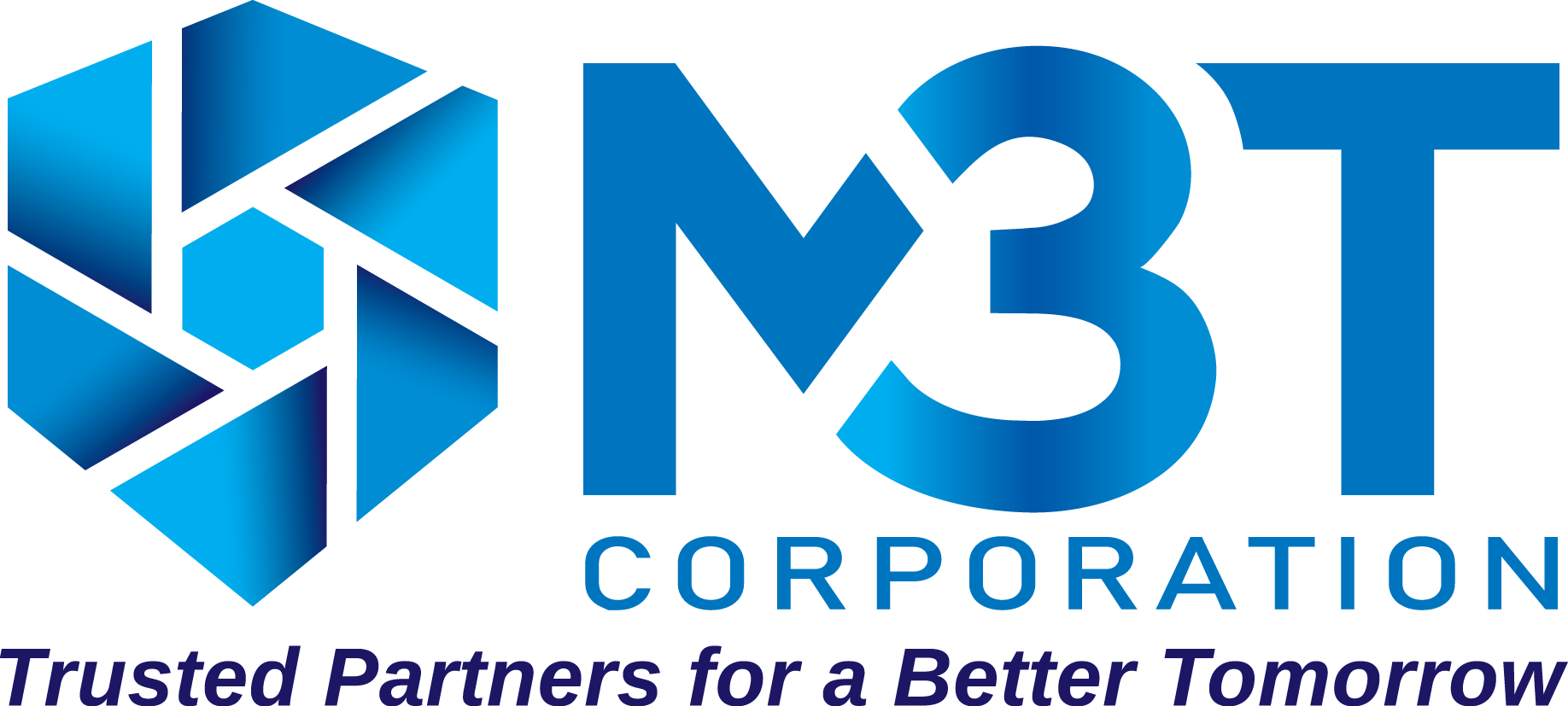The Keys to Effective Listening
Listening is half of communication and one might also say half of an effective relationship. Communication is vital to almost every human-to-human interaction. Communication has been defined as the act of conveying meanings from one entity or group to another through the use of mutually understood words, sounds, signs, symbols, and semiotic rules. Another way to think of communication is any means of contact between two or more people, out of which impressions are made and attitudes are created. Communication may be thought of as simply a process of getting information known by one person to the attention of the other person/people who should have the information. So good communication includes giving a clear message, understanding the message’s recipient, showing empathy for the recipient and listening effectively for or to a response. All are keys to building relations.
In a business environment, as well as in personal relations, good listening skills are essential. A basic technique for better listening is reflection. Reflection is a process by which a person says what he/she understood what the other person said. The technique puts the emphasis on listening more than talking.
Effective listening engages the speaker as well as the listener. The speaker is engaged not only to impart information but also by the verbal and non-verbal cues from the “active” listener.
Some important keys to effective, active listening are:
- Judge content and not the delivery, and keep an open mind.
- Listen for ideas or statements upon which to respond or comment.
- Resist environmental and mental distractions.
- Do not concentrate on responding as much as hearing the “true message”.
- Do not interrupt when the speaker is talking.
- Ask open-ended questions that should reflect or link to what was stated.
- Be prepared to respond to questions posed by the speaker.
- Be willing to use a “thoughtful pause” in order to respond to a question.
Skilled listeners also have the ability to show empathy toward the speaker. Expressing empathy is showing feeling and understanding of what the speaker is saying. It can be as simple as nodding the head, smiling and making eye contact. Active listeners respond mentally, verbally, non-verbally and by reflecting on the speaker and the message. When one takes time to listen, the courtesy is usually returned. Empathy leads to sharing which in turn builds relationships.
Listening skills are crucial for developing and maintaining relationships. By effective, active listening, one is made aware of another’s’ needs, wants, and values which enable the listener to respond in appropriate ways. In a business setting this means that requests are met, questions answered, and actions taken in a timely and effective manner.
Effective, active listening takes effort, but the pay-off in business is better outcomes and better professional relationships.

Jason Elder
Design Engineer
